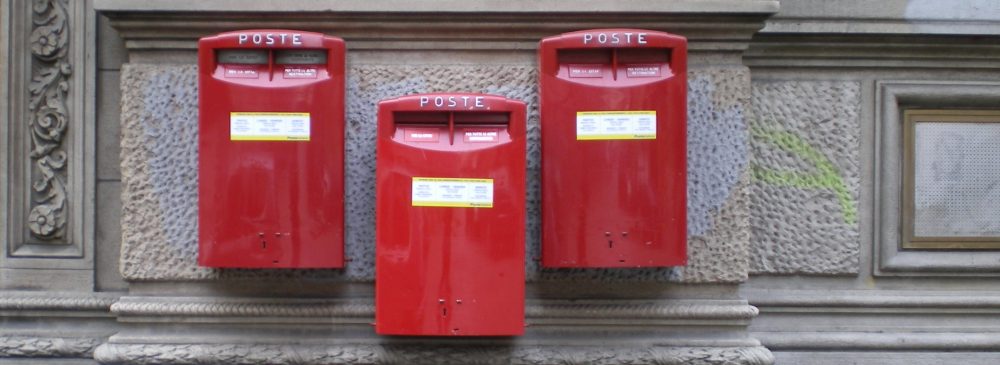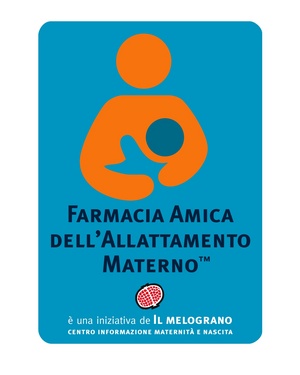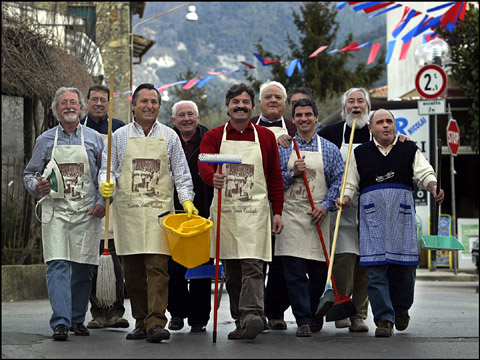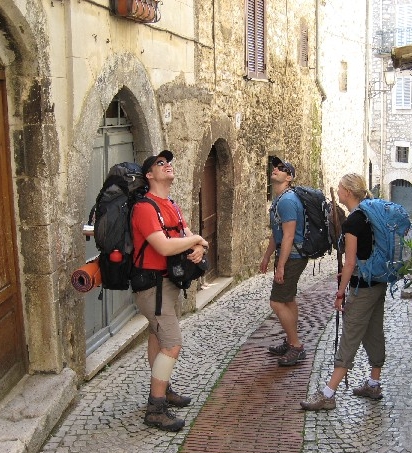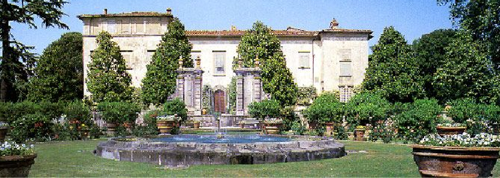
Although Italy’s birth rate is one of the lowest in the world, one small Tuscan town, Quarrata, is turning that around. Last year, there were 256 bambini born in a hamlet of 25,000 — resulting in a birth rate of 10.32, about what was normal in Italy 30 years ago.
“We don’t know exactly why so many people are having kids here, ” mayor Sabrina Sergio Gori, who is also a doctor, told newspapers. “It’s definitely not a bad place to live. There’s work, plenty of it in furniture factories and some of the largest garden centers in Europe.”
Aside from increasing schools and day care centers to meet the newcomers, Quarrata — about 20 miles northwest of Florence — also holds a giant collective birthday party in June every year for the town’s kids in a Medici villa called La Magìa (pictured above). Part of the park grounds have been turned into a playground, too.
The villa is a symbol, Gori says, that parents who have kids know they’re not alone in raising them. She believes more Italians don’t have children — the national birthrate is 1.3 — because they have one and realize how hard it is.
“Many would like to have at least two kids,” she said. “But the lack of services and the expense takes away any enthusiasm they have for becoming parents again.”
Unlike other parts of Italy, the increase isn’t just from births by foreigners. Immigrant families in Quarrata are responsible for about 20% of the birth uptick.
